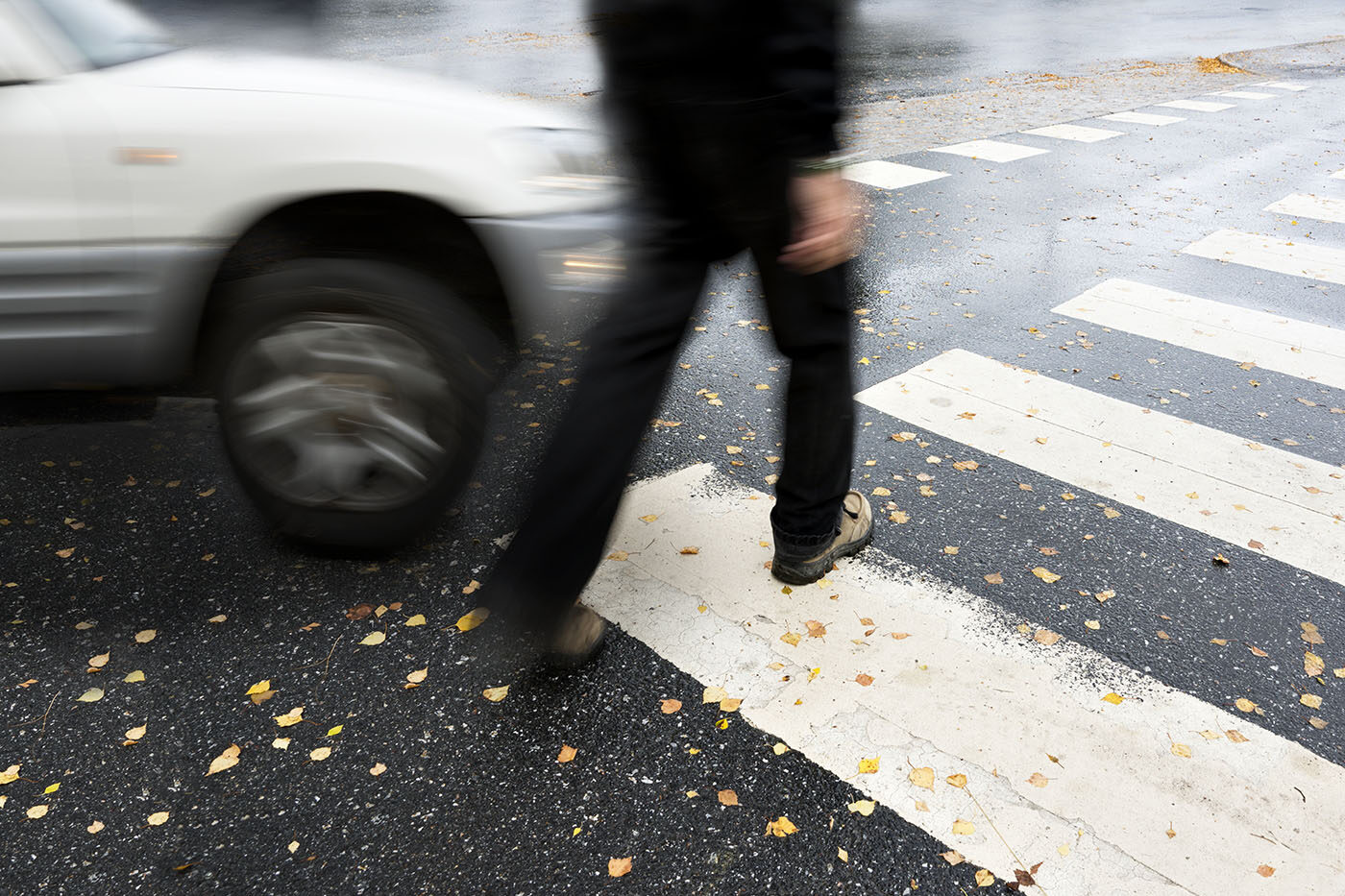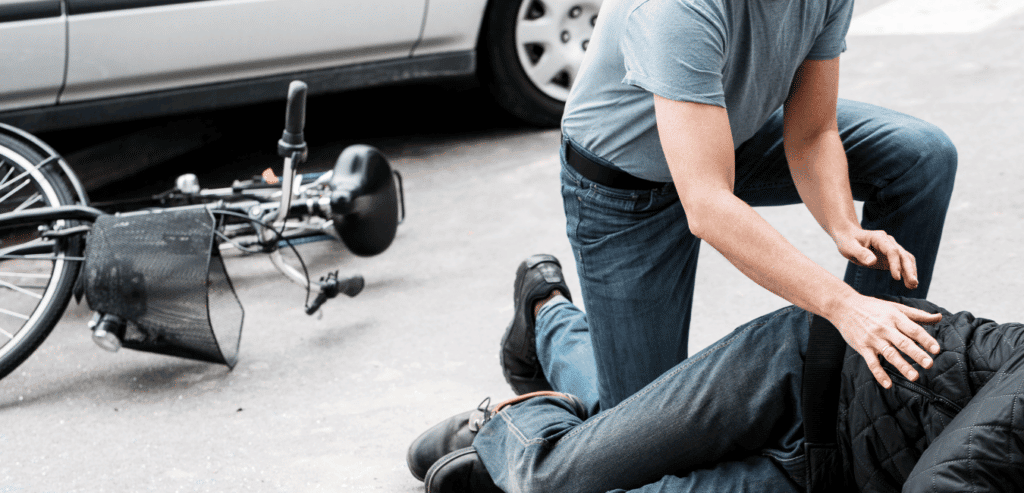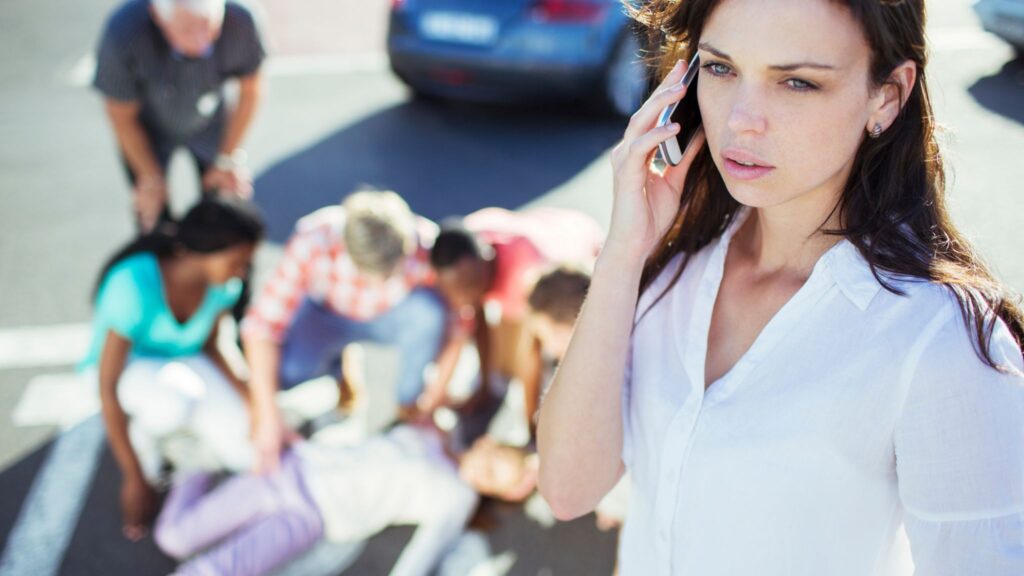
Pedestrian accident injuries involving vehicles are a significant public safety concern, often resulting in severe injuries due to the vulnerability of individuals on foot. When struck by a car, pedestrians face a high risk of traumatic injuries that can have lasting physical and emotional consequences.
These common pedestrian accident injuries occur because pedestrians lack the protective barriers that occupants of vehicles have, leaving them exposed to the full force of impact. Understanding the types of injuries sustained in such accidents is crucial for raising awareness, improving safety measures, and promoting effective medical treatment and rehabilitation strategies.

Pedestrian accidents often result in a variety of serious injuries due to the vulnerability of individuals involved. According to data from the National Institute of Health (NIH), the severity and type of pedestrian accident injuries can depend on factors such as the speed of the vehicle, the age of the pedestrian, and the point of impact.
Below, we discuss some of the most common injuries sustained during pedestrian accidents and their ramifications.
Traumatic brain injuries are among the most severe outcomes of pedestrian accidents and can range from mild concussions to debilitating conditions like intracranial hemorrhages. In the NIH study, 38% of pedestrians struck by vehicles suffered injuries to the head, face, or neck. These injuries often result from a direct impact to the head, leading to lasting cognitive, physical, and emotional impairments.
Fractures, especially in the lower extremities such as the legs, hips, and pelvis (more commonly in women), are frequently reported in pedestrian accidents. Tibial plateau fractures and ligamentous injuries of the knee are also common, especially in adults.
According to the NIH study, 50% of pedestrian accident victims received injuries to the lower extremities, and 27% suffered injuries to the upper extremities. The force of a vehicle collision can cause these debilitating injuries, often requiring surgery and prolonged rehabilitation.
Spinal cord injuries vary in severity but can lead to partial or complete paralysis in extreme cases. Damage to the vertebrae or spinal cord is life-altering and demands immediate and specialized medical attention.
Pedestrian accidents can cause significant internal injuries, affecting vital organs such as the liver, spleen, or lungs. These injuries may not be immediately visible but can be life-threatening if left untreated.
Lacerations, bruises, and soft tissue injuries are common due to the impact and potential road abrasions. While these injuries might appear less critical, they can still lead to complications, including infections or scarring.
Yes, the types of pedestrian accident injuries sustained vary significantly by age, as highlighted in the study published on PubMed Central. For children, injuries are often concentrated in the head and face area (34.6% for children versus 26.7% for adults) due to their shorter stature and higher likelihood of sustaining impact at these levels. Head injuries, including concussions or skull fractures, are particularly prevalent among this age group.
Adults, on the other hand, frequently experience injuries to the lower extremities (41.4% for adults versus 22.2% for children), such as fractures or ligament damage in the legs, knees, and pelvis. These injuries are typically the result of the point of impact during a collision with a vehicle, as well as falls following the initial hit.
The elderly population is notably at a higher risk of severe or fatal injuries due to pre-existing vulnerabilities such as decreased bone density and slower recovery rates (7% of accidents versus 16% of casualties). Common injuries in this group include hip fractures, spinal injuries, and traumatic brain injuries, which can be exacerbated by underlying health conditions.

Pedestrian accident injuries remain a significant public safety concern in the United States. According to the Insurance Institute for Highway Safety (IIHS), in 2021 alone, 7,388 pedestrians were killed in traffic crashes, representing a 13% increase from the prior year. This figure accounts for 17% of all motor vehicle crash fatalities.
Further, according to the Centers for Disease Control (CDC), an estimated 140,000 pedestrians visited emergency departments for treatment of non-fatal injuries caused by traffic crashes in 2022.
According to data from the National Highway Traffic Safety Administration (NHTSA), the majority of pedestrian traffic fatalities in 2022 occurred in urban areas, accounting for 84% of these incidents. Approximately 76% of pedestrian deaths took place on the open road, compared to 24% at intersections. Additionally, 74% of these fatalities happened during dark conditions, whether artificial lighting was present or not. Saturdays saw the highest number of pedestrian deaths, totaling 1,278, while Fridays followed closely with 1,121 fatalities.
Determining liability in pedestrian-vehicle collisions can be a complex process, requiring a careful examination of the circumstances surrounding the incident. Liability is often assessed based on negligence, which occurs when a party fails to exercise reasonable care, resulting in harm to another. Key factors considered include whether the driver was distracted, speeding, or violating traffic laws at the time of the collision.
Similarly, the pedestrian’s actions are evaluated, such as if they were jaywalking, crossing against a signal, or otherwise failing to adhere to traffic safety rules. Evidence like traffic camera footage, witness statements, and police reports play a crucial role in establishing fault.
Further, liability may be shared in certain situations under the concept of comparative negligence, where both the driver and pedestrian bear some responsibility for the crash, potentially affecting the allocation of damages.
After being involved in a pedestrian accident injuries, it is crucial to take immediate and appropriate steps to protect your health, safety, and legal rights. Following these measures can help ensure a smoother recovery process and strengthen any potential legal claims:
Our pedestrian accident lawyers are dedicated to providing comprehensive legal support to ensure you receive the compensation you deserve for your pedestrian accident injuries. We carefully investigate the circumstances surrounding your accident, gather crucial evidence, and build a strong case on your behalf.
Our team handles all communication with insurance companies and opposing parties, protecting you from unfair settlement offers and ensuring your rights are upheld. Additionally, we provide expert guidance throughout the legal process, keeping you informed and addressing any questions or concerns.
With our negotiation and litigation experience, we are committed to achieving the best possible outcome for your pedestrian accident injuries case. If you or a loved one have been injured in a pedestrian accident injuries, contact us today for a FREE, NO OBLIGATION CONSULTATION.







Thompson Law charges NO FEE unless we obtain a settlement for your case. We’ve put over $1.9 billion in cash settlements in our clients’ pockets. Contact us today for a free, no-obligation consultation to discuss your accident, get your questions answered, and understand your legal options.
State law limits the time you have to file a claim after an injury accident, so call today.